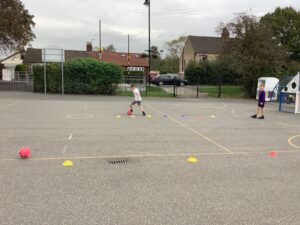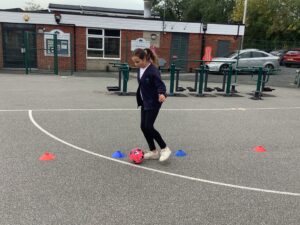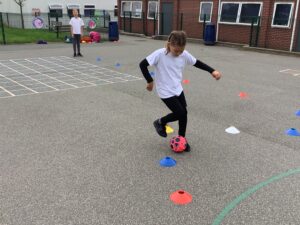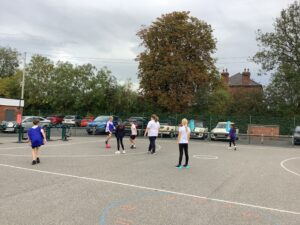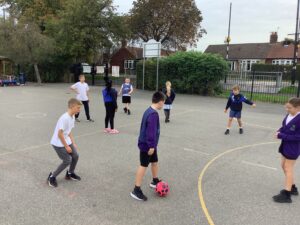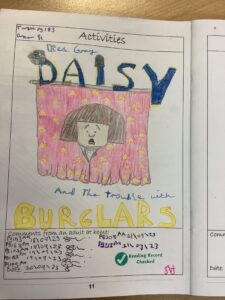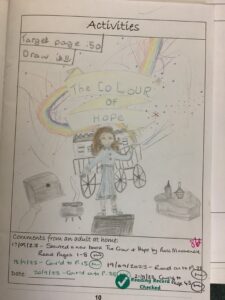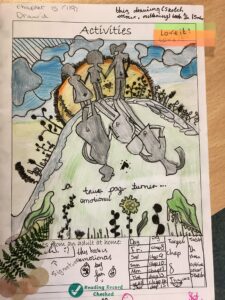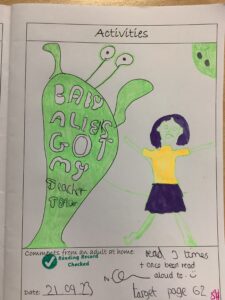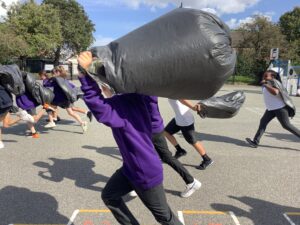This half-term, instead of learning eight different words each week, we’d like you to learn these 40 words over the whole half-term. Lots of research suggests that learning more spellings over a longer time leads to better remembering how to spell them in the long term.
How you decide to do this is up to you. You might decide to focus on the trickiest words first. Or, you might decide to learn 8 words a week and really focus on these whilst still practising the others, too. For some of you, you might already feel confident with some of the words so might choose to not practise these at all. However you decide to do it, is up to you. The important thing is that you’re learning them and learning how you like to learn them best.
Each week, we’ll choose eight random words to test you on – this will take place every Friday.
If you need some ideas for practical things to do, check out the Super Spelling Strategies Guide on the school website.
| there |
their |
they’re |
inactive |
accommodate |
| occur/ing/ed |
can’t |
won’t |
category |
busy |
| opportunity |
advice |
advise |
practice |
practise |
| naughty |
dictionary |
witch |
which |
according |
| irregular |
embarrass |
determine/ing/ed |
century |
ordinary |
| curiosity |
library |
identity |
achieve/ed/ing |
aggressive |
| disappear |
appreciate |
device |
devise |
cemetery |
| queue/ing/ed |
unavoidable |
immediately |
impossible |
variety |
